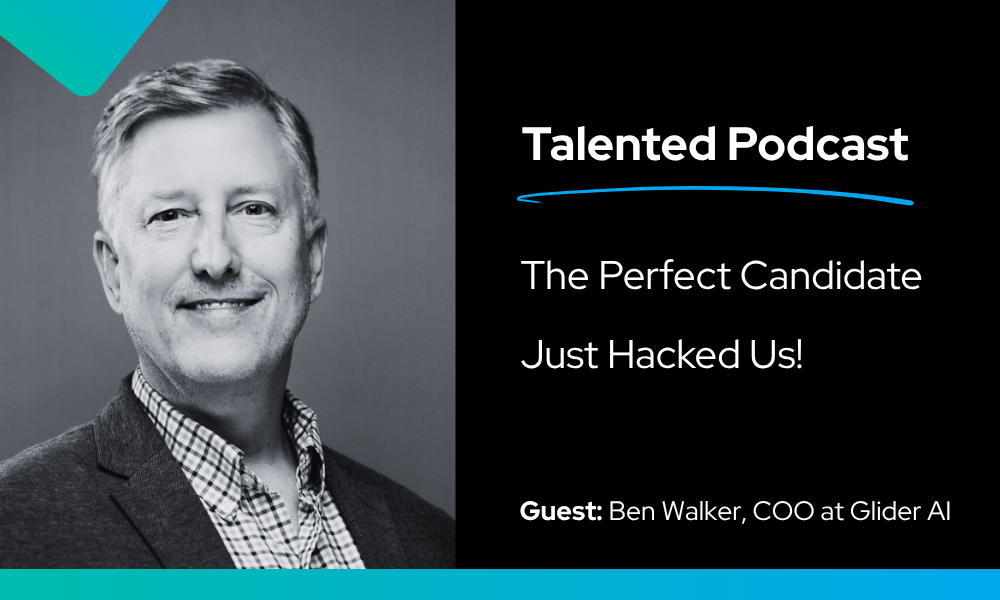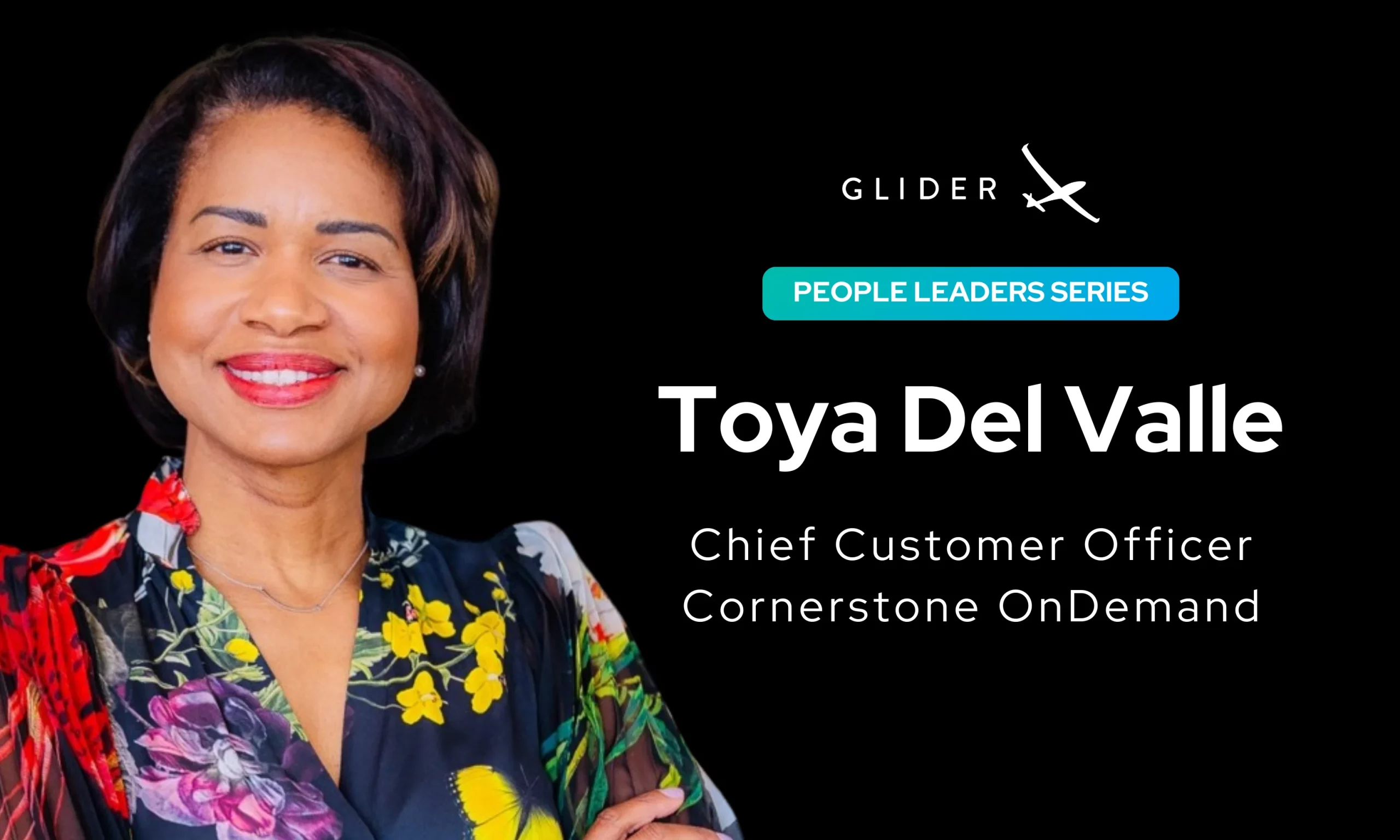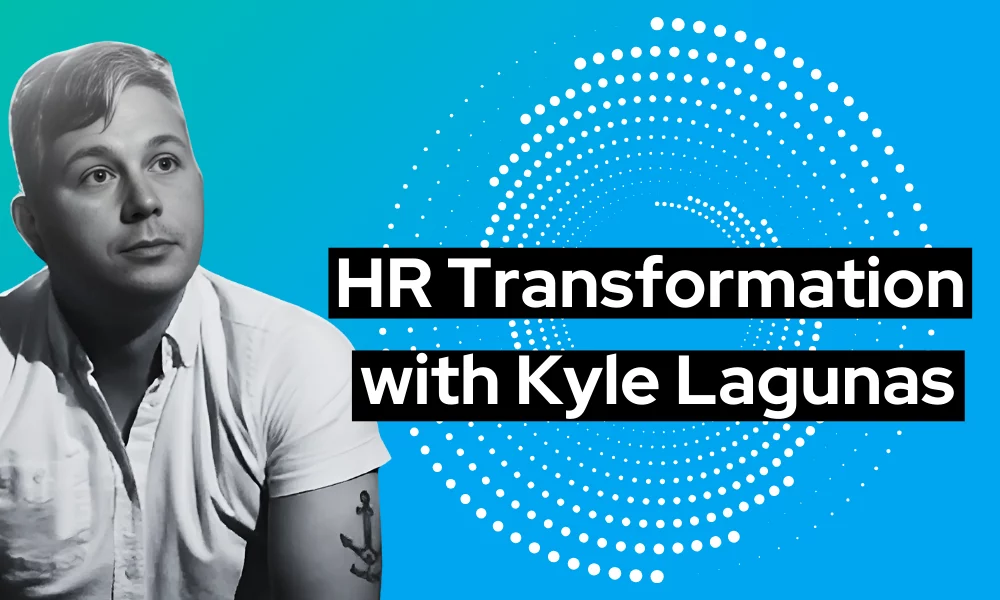
Make talent quality your leading analytic with skills-based hiring solution.

When you’re getting a startup up off the ground, an extra helping hand around the place can really add value. Hiring summer interns for your startup can be a very good idea. However, for a lot of startups, the very fact that they’re just starting out means they don’t have a lot of experience in finding and hiring the right people for their new business.
Another issue is that finding, hiring, and maintaining a good intern isn’t always an easy task. When you’re a small company with an unpredictable future, your company may be less appealing than a well-established organization that will look great on a CV and may offer more on-the-job benefits.
However, a bright intern with a sense of adventure and a creative streak will be more than happy to take the opportunity. The key to finding suitable summer interns for your startup lies in careful planning and assessment.
Assuming you’re looking for talented interns, you will need to attract plenty of applications. One of the best ways to do so is to take your time about getting your job listing out there. You will need to post it on plenty of job boards, such as Craigslist, Gumtree, and internships.com.
It would also be a good idea to contact your local university career centers as a summer internship provider, and to ask the appropriate university departments if they will include your opportunity in their internship database.
Another way to attract good interns is to be present at career fairs and to advertise on your social media networks. There are internship programs aimed at foreign students, and these could also be useful. Plenty of foreign students want an opportunity to work abroad because they can acquire internship credit to help them graduate.
An intern is well aware that they aren’t going to be paid (or paid very little) for their time. Their time is as precious to them as yours is to you, and although you may understand the benefits your startup can offer, you will need to communicate them clearly.
As you are a startup, there is no guarantee that your position will make for much prestige on a CV at a later date, so your intern is going to be concerned with the quality of the time on the job. They will want to see that you have clearly considered the benefits for them as well as for your company.
It’s a great idea to create a job description that sells the position well. It should indicate what the end goals of your company are and how their role will contribute to this; they want to feel important to the success of your startup.
If the candidates read the description and find a laundry list of basic, tedious tasks, they aren’t going to be interested. The description should also indicate how the intern’s skills are likely to develop.
It helps to plan your intern’s tasks well in advance, and in detail. Make sure that tasks are as interesting as they can be. In case your intern is particularly efficient, demonstrate that you’ll have backup tasks ready too.
When looking for intern talent, it is smart to search out candidates that are able to identify with your company’s values and culture. Decide on the qualities that will add value to your startup.
For instance, you might prefer academic achievements or experience that shows they’re go-getters who take initiative. For a startup, you’ll probably be looking for enthusiastic, creative thinkers who are adaptive to change and have a capacity for broad vision.
Those who have an idea of where they are trying to get to in life are likely to be more motivated and need less guidance. As the intern you choose will only be with your company for a short period of time, he or she should be proactive and able to learn quickly. Depending on the role, outgoing people who can integrate quickly with your team would probably make a faster transition than shy, quiet types.
At an interview, outline the qualities and skills you need for your startup, and ask the candidates for examples of when they demonstrated these. Find out what your candidates are seeking to gain from their time with you. Be sure that those expectations are something your startup can realistically offer, and that the time period available can accommodate this development.
Ask questions that determine the candidate’s drive, creative capacity, and career aspirations. It can also be a good idea to check up on their school experience. Assess your candidates carefully to see if they listen thoroughly to what you’re saying.
Go over the job description carefully and find out what interests them about it, and if anything confuses them. Give examples of work they may get involved with, such as events coming up or campaigns you’re about to kick off. Outline their responsibilities in relation to these projects and ask for their initial ideas about them.
Find out whether their skills and experience match the responsibilities you want them to take on. If you cover all these aspects, the chances are you’ll find a great match for your startup.
To conclude, when you take the time to think about what you really need and what you can genuinely offer before you start the hiring process, there is less margin for error and you’ll save a lot of time.
By creating a clear job description, advertising it through the right channels, and carefully considering the qualities your intern should have, you maximize the chances of finding a great match. Your intern is likely to go away happy, with new skills and experience, and you’re likely to have progressed the success of your startup business idea.
Daniel Ross is part of the marketing team at Roubler — a scheduling and workforce management company founded in Australia. Their mission is to change the way the world manages its workforces.

“The Perfect Candidate Just Hacked Us”: Inside the Global Playbook of Hiring Fraud That 100% test score might be your biggest red flag. Enterprise breaches don’t always start with phishing emails; sometimes, they start with a fake job interview. In this episode of Talented, Joseph Cole sits down with COO Ben Walker to unpack one […]

Can HR Stop Playing Buzzword Bingo with Skills and AI? If you’re an HR or TA practitioner or work in HR Tech in any capacity, AI and Skills-Based Hiring is what everyone is talking about. The problem? All the talk is diluting the importance of two very interrelated topics. Glider AI sponsored the Transformation Realness […]

Q&A with HR/TA Analyst Kyle Lagunas The traditional playbook that was HR is being rewritten. AI is reshaping work, skills-based strategies are transforming hiring, and HR teams are under pressure to deliver more with less. HR isn’t just about managing people anymore—it’s about engineering the future of work. In this Q&A session, Kyle Lagunas and Joseph […]